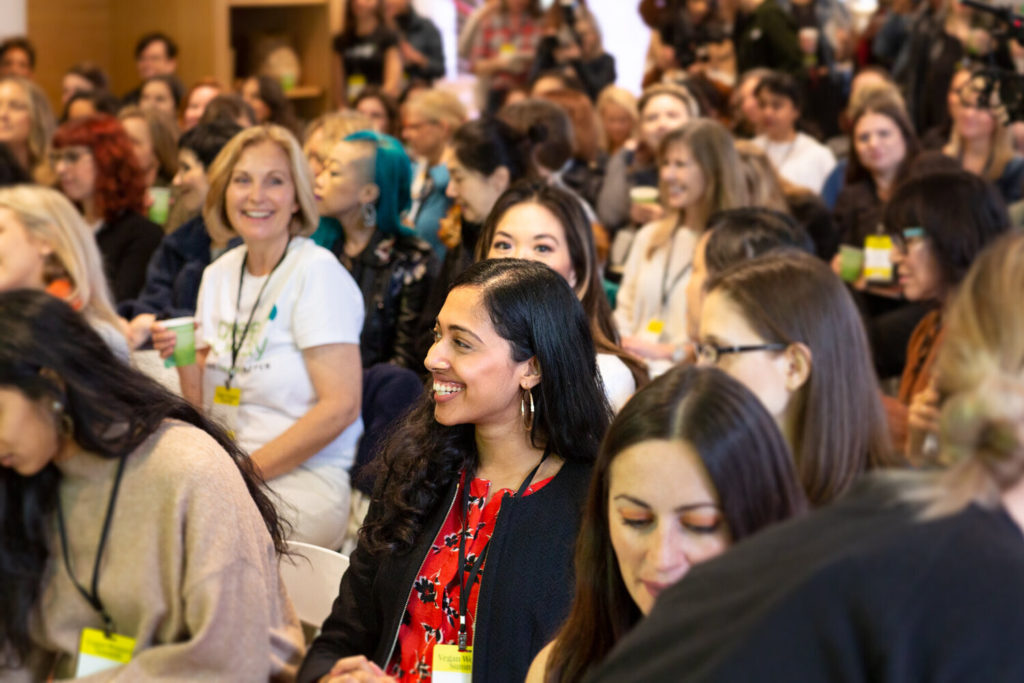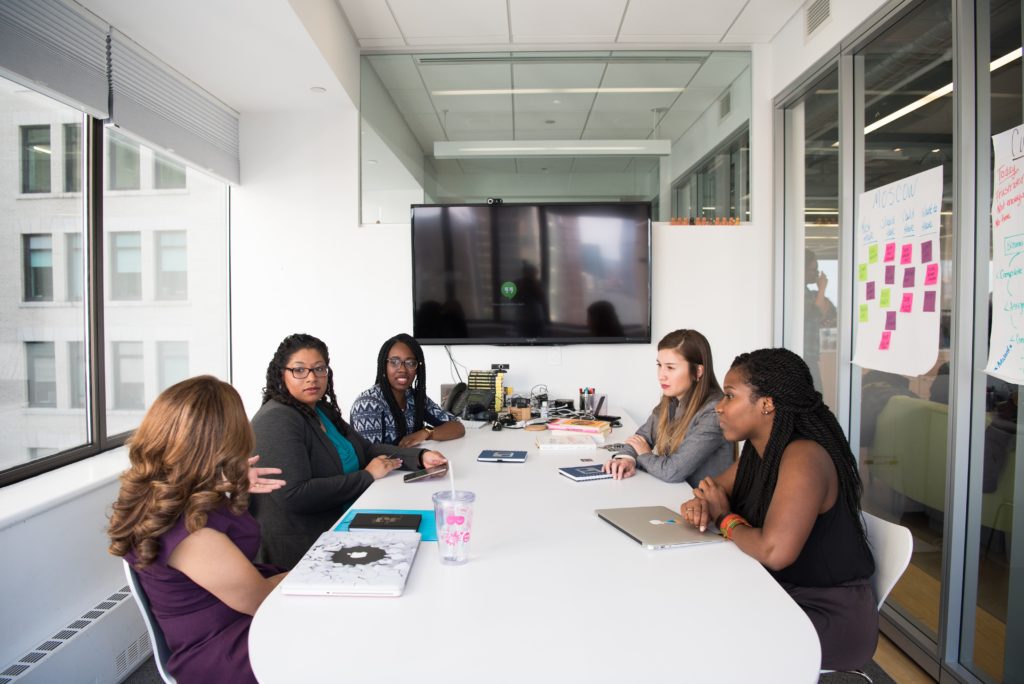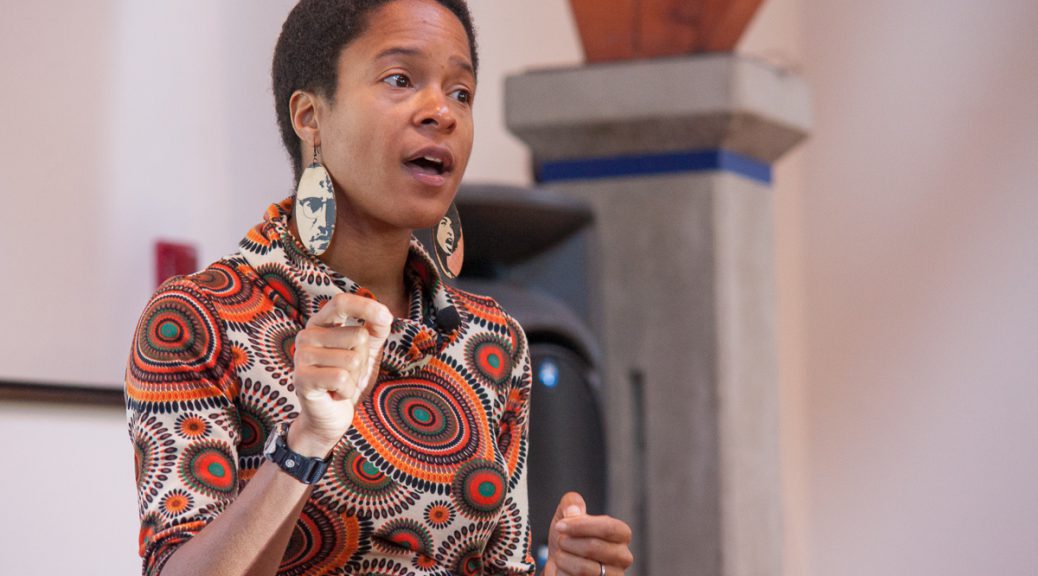‘It’s Not About Overnight Results’: A New DEI Program Designed For Food Tech Leaders Wants Startups To Build Better, More Diverse Teams
4 Mins Read
Vegan Women Summit (VWS) has announced a new leadership initiative, to be run alongside Black History Month. The Diversity, Equity, and Inclusion (DEI) Program is designed for key figures and leaders within the plant-based and food tech industries. The course will run through May 2022 with the intention of empowering businesses to create growth through inclusion of underrepresented demographics. The future of food will be a key discussion topic, highlighting the need for different voices to be part of the conversation.
Dr. Amie Breeze Harper has come on board as a program partner. She will assist in the delivery of a four-week curriculum featuring live workshops and lectures. “As we commemorate the legacies of equity and justice that embody Black History Month, we have the opportunity to build a future of food that is inclusive of all communities – and we look forward to working with companies who share our vision,” she said in a statement.
In this interview, Green Queen’s Sonalie Figueiras talks to VWS founder Jennifer Stojkovic and Dr. Amie Breeze Harper about the essential nature of inclusive hiring and development and the far-reaching benefits of both.

GQ: Why is DEI in food so important?
JS: The single greatest business case for DEI in food is consumer reach. Diverse teams reach diverse audiences by creating better products – and in an increasingly globalized world, we must understand the unique cultural differences between demographics and how to reach their needs. The plant-based industry, in particular, has long been seen as an affluent, white consumer base, when in reality, Black consumers are the fastest growing base in the sector.
Further, many cultures around the world have deep roots in plant-based eating, yet are left out of the conversation entirely when it comes to plant-based product development. Companies that understand and embrace cultural diversity will ultimately reach more people, design more creative products, and gain more market share.
Vegan Women Summit recently revealed data that highlights bias felt by both women and women of color within the food tech industry. Read about the findings and their implications here.
GQ: What are the biggest challenges for DEI in food today?
ABH: I would like to answer this specifically for the food-tech industry here in the USA. First, most food tech leaders do not have the deep literacy to understand that DEI needs to be part of their business model… and that they need to integrate DEI from the beginning of the start-up’s inception. The reality is that many people misunderstand what DEI is (i.e., “It means I’m going to be attacked for being white” or “It means I’m sexist for just being a man.”) and that DEI is “not necessary”. This is rooted in the fact that the food tech industry has been largely led and funded by a homogenous group of founders (white men, in this circumstance).
Another challenge is that many food tech leaders do not want to acknowledge their ignorance and their fears around DEI, and this trickles down to a number of poor business results, such as creating a toxic workplace culture, which leads to employee burnout and turnover, or creating services and products that are less innovative and fail to reach a wide diversity of consumers.

GQ: Who should be taking this course and who did you design it for?
JS: This course is best designed for founders, executives, investors, or industry professionals with a focus on people, culture, or employee resource groups. This course is unique, because it is the first of its kind to focus on the food tech industry. We are excited to provide an original curriculum designed specifically for the challenges facing this industry, such as inclusive marketing and design for food tech products, including plant-based products, cell-cultivated products, and other technologies.
GQ: Is four weeks enough to really make big changes?
ABH: It’s not about overnight results. DEI is a constant practice of learning, re-learning, as well as measuring and tracking the results of your organization’s DEI impact. This course will provide an initial guide on this journey. The outcome will be that leadership can determine how their company should start thinking about, framing, and implementing DEI initiatives as well as what metrics to use that align with their business’ values.
GQ: What are some practical tips for people who want to improve DEI in their organization?
ABH: Learn the distinctions among “diversity”, “equity”, and “inclusion.” Do not think that requiring 45 minute training “about diversity” is enough to create a thriving workplace in which everyone feels included. People – especially leadership in food tech – need to learn humility, how to be accountable, and face their fears and model this behavior for their employees.
You can’t transform into an even better leader unless you enter that natural discomfort that comes with conscientization that deep learning around DEI usually brings. And lastly, create a scorecard, dashboard, surveys, and other metrics to measure your DEI outcomes. Data is gold and should be applied to DEI always.
Lead photo courtesy of Dr. Amie Breeze Harper.





